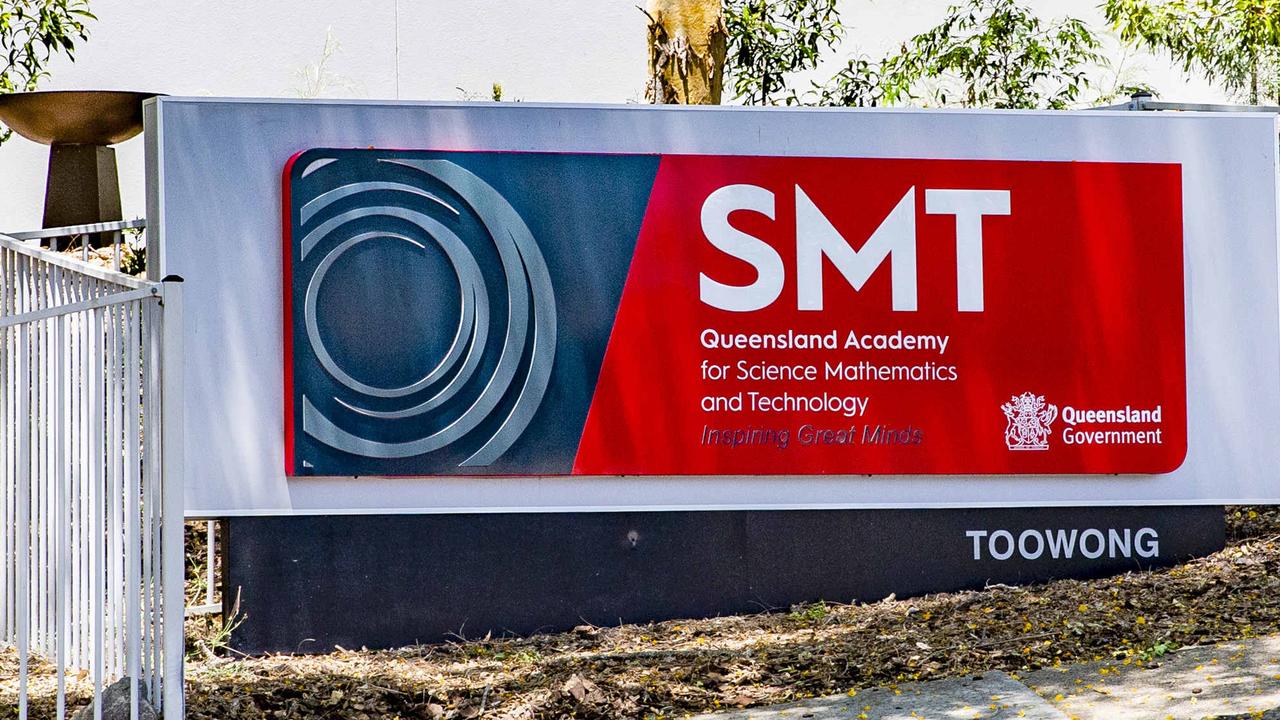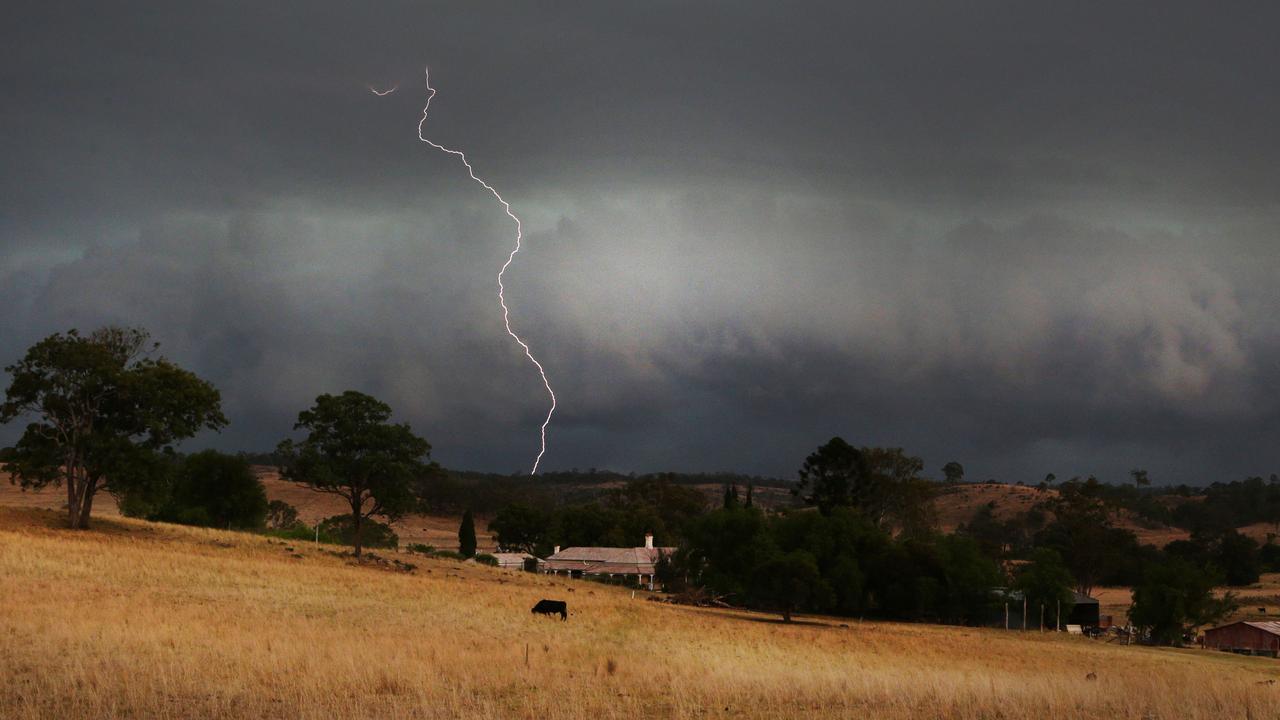Mandandanji woman Amy Thomson advocates for educational reform in private schools
Mandandanji woman and PhD candidate Amy Thomson is drawing on a lack of authentic Indigenous texts in high school classrooms to create major change. Find out what she hopes her research will achieve.

Roma
Don't miss out on the headlines from Roma. Followed categories will be added to My News.
Despite being in her second year of her doctoral program at the University of Queensland, teacher Amy Thomson has already won accolades for her efforts to make classroom literature more diverse.
As part of her doctoral research, Mrs Thomson has already published an article titled “Indigenous voices: why we urgently need windows and mirrors” for the Australian Association for Research in Education (AARE).
Her article criticises the dominant focus on the literary ‘canon’ in Year 12 English, which privileges white colonial texts at the expense of Indigenous voices.
Mrs Thomson was recognised for her efforts and was awarded first place and the people’s choice award for UQ’s Inaugural Indigenous 3MT competition - smart, fast, deadly, and AARE’s Aboriginal and Torres Strait Islander Postgraduate student researcher award.
Mrs Thomson hopes her research will bring diverse perspectives into curriculum, beyond just Shakespeare.
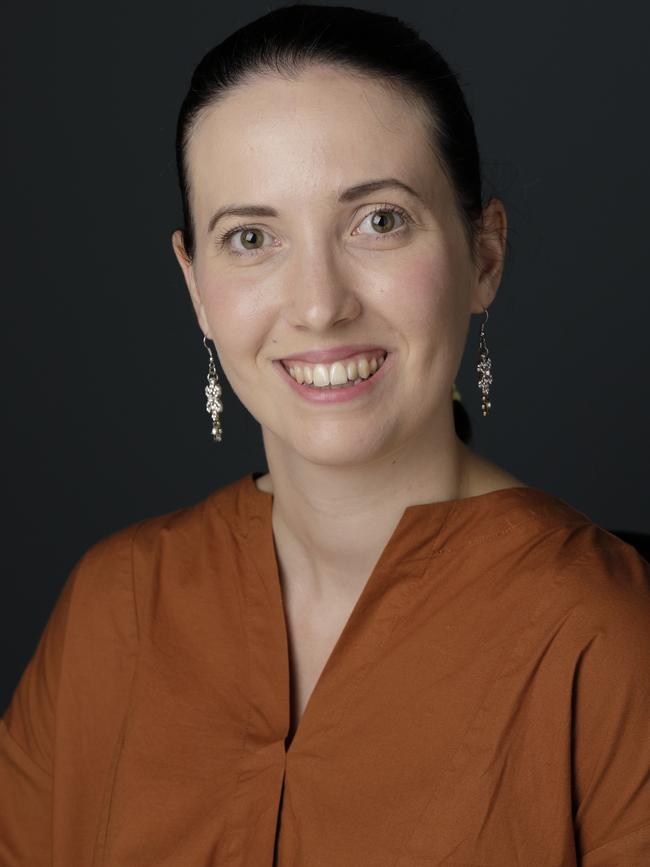
“(My paper) talks about over-representation of privilege in English literature,” she said.
“These Eurocentric representations leave a lot of absences for Indigenous students to see themselves reflected in the classroom.
“Authors from England that are constantly chosen, such as Shakespeare, are as ever present today as they were in Australian classrooms in World War II.”
However, Mrs Thomson believes these diverse voices need to be authentic.
“When I was a student, we read “Othello” by Shakespeare and the main character is a Black man, but written by an English person from an imagined experience.
“When I was teaching English, I chose to teach works like “Follow the Rabbit-Proof fence,” which provides an authentic voice to Indigenous experience.”
Mrs Thomson said ultimately what she hopes her research will achieve is to motivate teachers to reassess the way they select certain texts.
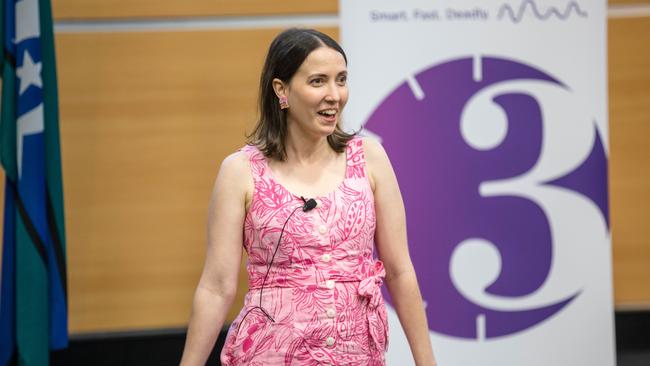
“I want teachers to examine why they are choosing certain voices, (and) are they subordinating other voices.”
While diversifying texts is an important issue across all of Australia, Mrs Thomson’s research focuses from her own experiences, specifically in private school’s curriculum.
“I was an English teacher right up until I started my PhD and I noticed in private schools there was no authentic representation of my identity,” she said.
“I wanted to make a change for other schools.
“My own good intentions in my own classroom were not enough to make large scale change – hence the decision to go on to further study, hoping my research would then have a larger impact.”
Mrs Thomson is from a long line of Mandandanji women and although now living in Brisbane, she would go back to Country to visit her family in Roma.
“Nan and my great Grandma were the Aboriginal matriarchs, and my great Grandmother lived on Country,” she said.
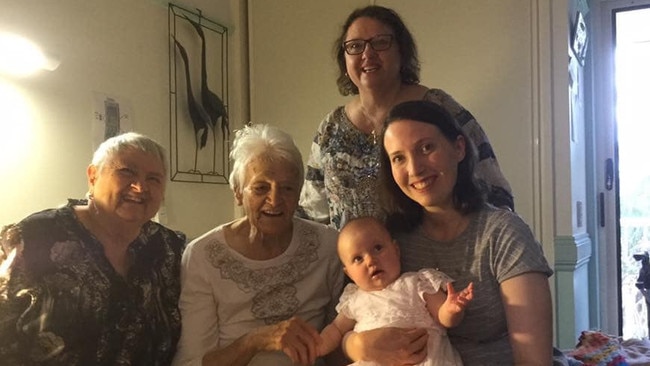
“It always kept me very spiritually grounded.
“The last time I was there was to introduce my daughter to her great great Grandmother before she passed away. So there were five generations of Manadanji women from 99 years old to my daughter who was 6 months old.”
Mrs Thomson said it is “absolutely imperative” that women, especially Indigenous women, pursue higher education.
“You can’t be what you can’t see,” she said.
“We need to occupy spaces that weren’t designed for us. We need to keep being part of this change.”



